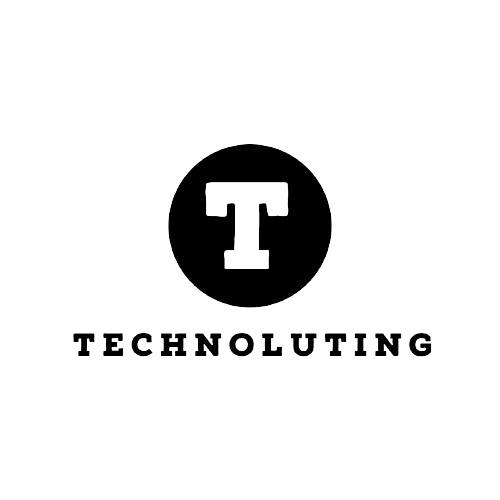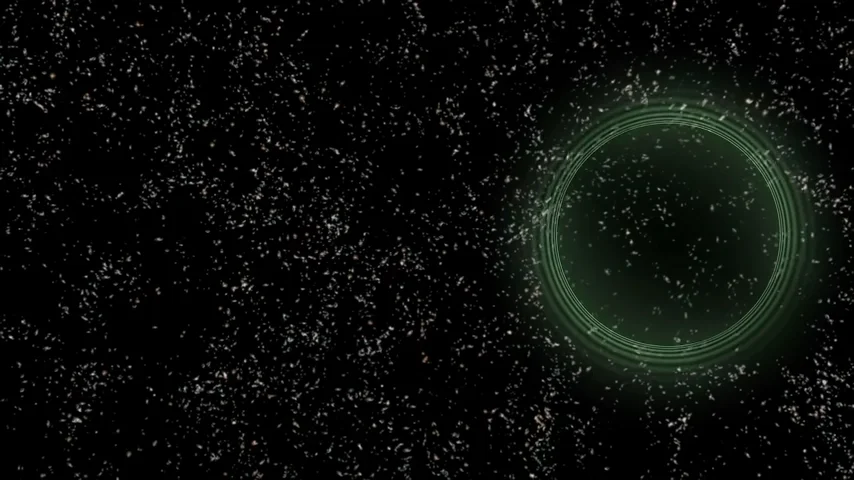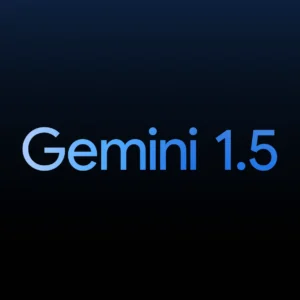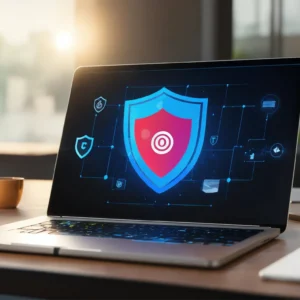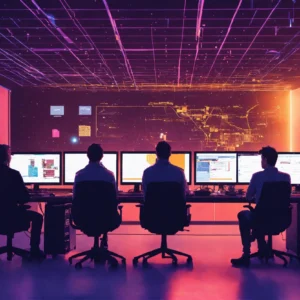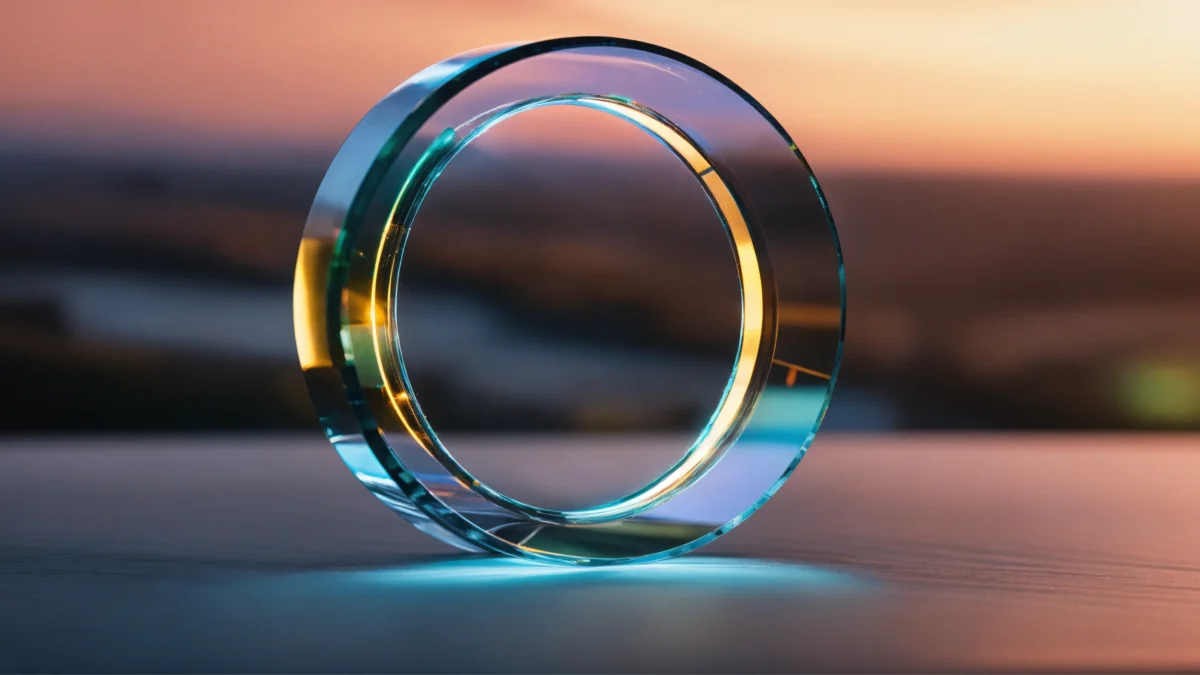Hey there, stargazers! Ever wondered what happened in the first minute of the universe? Well, buckle up because gravitational waves might just spill the cosmic beans for us. Forget your typical stargazing tools; we’re diving into the ripples of space itself!
Table of Contents
Surfing the Cosmic Sea: What Are Gravitational Waves?
Picture the universe as this massive sea, and every cosmic movement is like a rock creating ripples. That’s the basic idea behind gravitational waves. These aren’t just wild theories; Einstein predicted them in 1916, and guess what? We’ve detected over a hundred of these cosmic ripples since 2015!
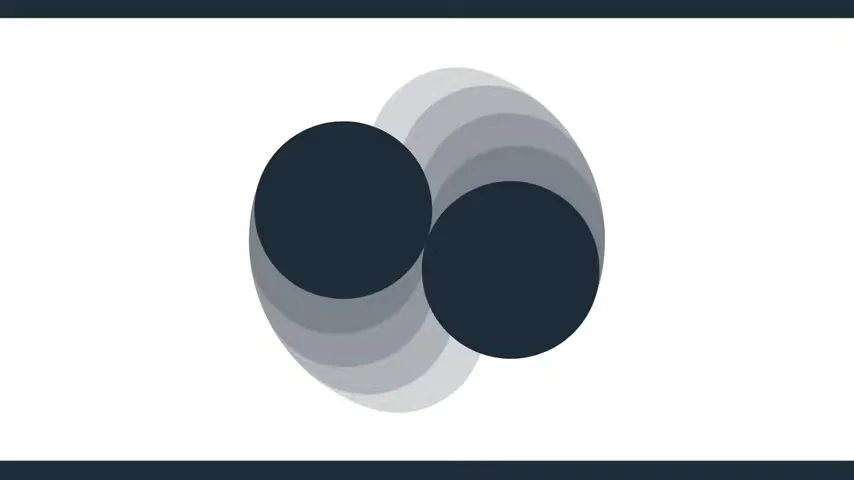
Breaking Through the Opaque Beginning
Rishav Roshan and Graham White from the University of Southampton believe these waves can do more than just make a ripple in the cosmic pond. In the early days, the universe was like a foggy sea, blocking electromagnetic radiation. But these gravity waves? They can cut through that fog.
In their paper, Roshan and White lay out three strategies to catch these waves: pulsar timing arrays, astrometry, and interferometry. It might sound like a mouthful, but it boils down to catching the disruptions these waves cause in the cosmic dance.
The Symphony of Gravitational Wave Detectors
So, how do we eavesdrop on these cosmic whispers? Gravitational wave detectors are our interstellar microphones. Picture lasers bouncing between mirrors at the ends of long pipes, forming an L-shape. As gravitational waves pass through, they play a cosmic symphony, causing tiny changes in mirror distance. We’re not looking; we’re listening!
Historic First Dates and the Next Cosmic Jam Session
In 2015, the LIGO observatory made history by detecting the first gravitational waves, opening a whole new chapter in astronomy. But that’s just the beginning. The next-gen detectors? They’re like upgrading from an acoustic guitar to a full-on rock concert setup.
The mirrors will be bigger, the lasers more sensitive, and the detectors placed up to 40km apart. Professor Nils Andersson from the University of Southampton Gravity group is pumped about it, saying it’s a crucial step toward exploring the universe’s dark side.
UK Scientists: The Cosmic Detectives
Hold on to your telescopes, folks! UK scientists have been deep into gravitational wave research for decades. They’ve been the backstage crew for LIGO in the US, Virgo in Italy, and KAGRA in Japan. Now, they’re taking center stage with the next-gen detectors.
From Hundreds to Hundreds of Thousands
Professor Sheila Rowan, leading the project at the University of Glasgow, spills the cosmic tea. We’re talking about a leap from hundreds of detections a year to hundreds of thousands. That’s a treasure trove of data, and it comes with its own challenges. But hey, challenges make it exciting, right?
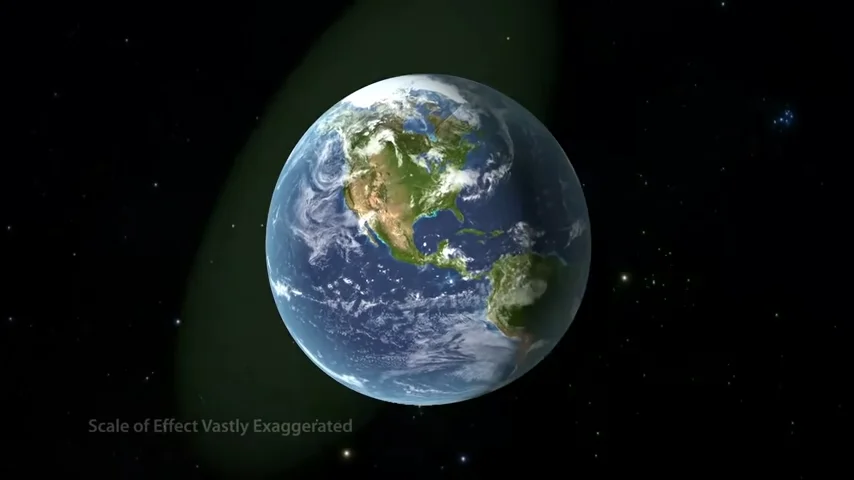
A Cosmic Investment
Professor Mark Thomson, the bigwig at the Science and Technology Facilities Council, emphasizes how gravitational wave detection has been a game-changer. With a new investment, UK scientists are set to rock the international effort for even more sensitive observatories.
The Cosmic Explorer Project
Ever heard of the Cosmic Explorer Project? It’s the real deal, and UK scientists are essential players. David Shoemaker, the project manager, appreciates the UK’s unique insights in both instrumentation and observational science. It’s a shared vision, and the UK’s in for the cosmic ride.
Einstein Telescope: The Grand Finale
Michele Punturo, spokesperson for the Einstein Telescope project, is thrilled. The UK’s contribution is a game-changer, strengthening the collaboration and boosting confidence in achieving the telescope’s ambitious goals.
And there you have it, folks! Gravitational waves aren’t just ripples in space; they’re the cosmic storytellers, taking us back to the universe’s first minute. Get ready for a journey that’s not just across space but across time itself!
